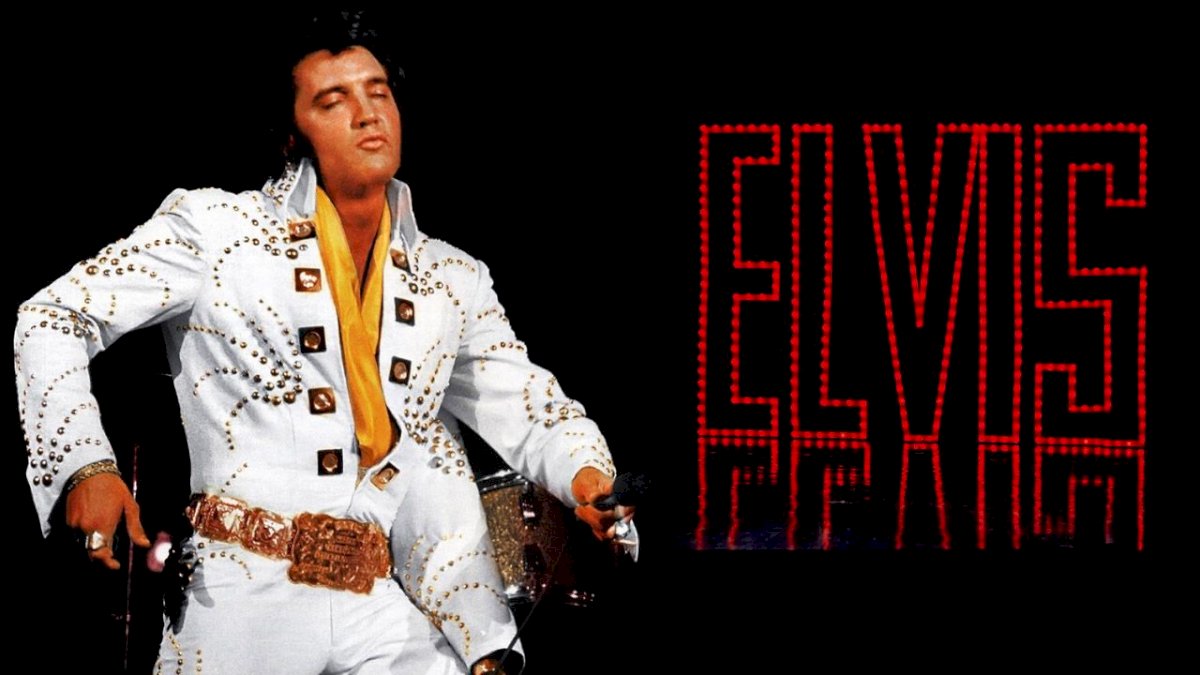In the annals of music history, few names resonate as powerfully as Elvis Presley. Often referred to as the "King of Rock and Roll," his meteoric rise to fame transformed the music landscape and became a cultural phenomenon. Among the pivotal moments that propelled him to stardom was his time on the Louisiana Hayride show in 1956.

Setting the Stage: Louisiana Hayride

The Louisiana Hayride, a live country music radio show, held its broadcasts at the Shreveport Municipal Memorial Auditorium in Shreveport, Louisiana. Started in 1948, it quickly gained a reputation for showcasing rising talents in the music industry, particularly within the realm of country music. The show's format was distinctive, offering a platform for emerging artists to perform and gain exposure to a wide audience. While primarily known for country acts, the Louisiana Hayride also featured other genres, providing an eclectic mix for its listeners.
Elvis Presley's Ascent to Fame

Elvis Presley's journey to stardom is one filled with ambition, talent, and a unique musical style. Born in Tupelo, Mississippi, on January 8, 1935, Elvis's passion for music burgeoned at an early age. His fusion of various music genres, including rhythm and blues, gospel, and country, formed a distinctive sound that captured the attention of audiences.
By 1954, Elvis had signed with Sun Records and released his first single, "That's All Right," which garnered attention and began to propel him into the limelight. His energetic stage presence and charismatic performances set him apart from his peers. This caught the eye of talent manager Colonel Tom Parker, who recognized the potential in Elvis and played a significant role in shaping his career.
Elvis's Louisiana Hayride Debut

Elvis's association with the Louisiana Hayride began in 1954 when he made his first appearance on the show. His performances were met with enthusiasm and appreciation, which led to a regular spot on the program. It was during these appearances that Elvis's star began to rise rapidly.
In 1956, a year that would become pivotal in his career, Elvis's popularity soared. His performances on the Louisiana Hayride show during this time were electrifying, drawing in large crowds and captivating audiences with his unique blend of musical styles and his unprecedented stage presence.
The year 1956 saw Elvis releasing several hit songs, including "Heartbreak Hotel," "Blue Suede Shoes," and "Hound Dog." These tracks, with their infectious rhythms and Elvis's dynamic delivery, resonated with the younger generation, leading to a massive surge in his popularity.
Impact of Louisiana Hayride on Elvis's Career

The Louisiana Hayride played a vital role in Elvis Presley's journey to becoming a cultural icon. The exposure and stage time provided by the show helped him reach a wider audience and solidify his growing fan base. The platform not only allowed him to perform his hits but also enabled him to experiment with his sound, fine-tune his performances, and evolve as an artist.
The intimate setting of the Louisiana Hayride, with its live audience and radio broadcast, offered Elvis a valuable opportunity to connect directly with his fans. His performances were raw, energetic, and oozing with the charisma that would define his legendary status.

Elvis's appearances on the show also marked a departure from his country music roots toward a more rock and roll-oriented sound. This evolution was pivotal in shaping the direction of his career, influencing his music style, stage presence, and the way he engaged with his audience.
Cultural Impact and Legacy

Elvis Presley's time on the Louisiana Hayride not only transformed his career but also left an indelible mark on the music industry. His influence extended far beyond the confines of the stage, shaping popular culture and redefining the trajectory of music in the 20th century.
The fusion of musical genres and the magnetic appeal of his performances inspired generations of musicians and set a new standard for stage presence. His impact on fashion, dance, and overall entertainment altered the cultural landscape and remains influential to this day.

Elvis's legacy continues to resonate in the music industry. His contributions to rock and roll music earned him a multitude of accolades and awards, and his records continue to be celebrated and cherished by fans worldwide. His influence on subsequent artists, from The Beatles to Michael Jackson, underscores the enduring impact of his work.
Conclusion
Elvis Presley's time on the Louisiana Hayride show in 1956 marked a pivotal juncture in his ascent to stardom. The platform provided by the show enabled him to refine his artistry, expand his fan base, and solidify his status as a cultural icon. His electrifying performances, magnetic stage presence, and groundbreaking music set the stage for his enduring legacy in the world of entertainment.
While his tenure on the Louisiana Hayride was relatively brief, its impact on his career and the broader music landscape was immeasurable. Elvis Presley's evolution from a promising talent to a global superstar owes a significant debt to the exposure and opportunities he received during his time on the Louisiana Hayride show in 1956. His legacy continues to thrive, ensuring that the King of Rock and Roll remains an immortal figure in the history of music.


